687 Xi Jinping’s Leadership Style: Micromanagement That Confuses Subordinates | The Wall Street Journal
Beast Press: The day before yesterday, I heard "Wen Zhao talks about the past and the present" and learned that the Wall Street Journal published an article " Xi Jinping's Leadership Style: Micro-management that makes subordinates at a loss ". .
Xi Jinping's leadership style: Micromanagement that leaves subordinates at a loss
Mr. Xi's governing style is constantly changing, intervening in policy matters large and small. At times his instructions are elusive, and some government departments prefer to take radical readings of policy.
Josh Chin
Updated 16 Dec 2021 16:50 CST
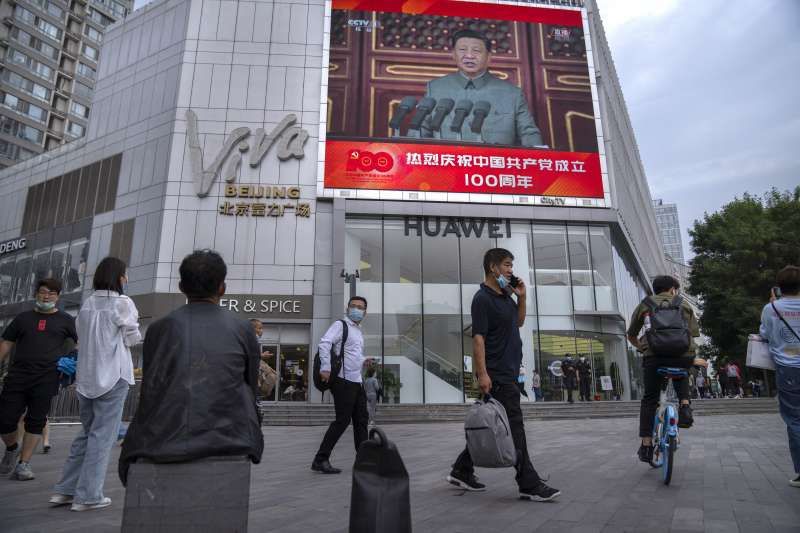
Earlier this year, Chinese President Xi Jinping issued brief instructions to education ministry officials in Beijing, hoping to reform the $100 billion private education and training industry. The government is concerned that the industry is helping wealthy families gain an advantage for their children, while creating anxiety for those who cannot afford tutoring.
Education ministry officials then drafted a plan that included new restrictions on tutoring for students in compulsory education, according to people familiar with the reform efforts.
In a brief reply to the education ministry, Xi said the plan was too weak, according to people familiar with the matter.
To satisfy Xi, the Ministry of Education expanded the restrictions to include extra-curricular tutoring at the high school level. In addition, the plan requires all private education and training companies to transform and register as non-profit institutions.
The government unveiled the reform plan in July, and the more extreme regulations sparked panic selling in the company's shares, wiping tens of billions of dollars from the market value of Chinese education and training companies listed in the United States and Hong Kong. Officials at the China Securities Regulatory Commission, known as the China Securities Regulatory Commission, hastily arranged meetings with foreign investors to calm their nerves and promise that the Chinese government will consider market impacts before introducing new policies in the future, according to people familiar with the matter.
These events are just one example of Mr. Xi's changing style of governance as he consolidates his grip on the world's second-largest economy. Xi Jinping is widely seen as China's most powerful leader in decades. Xi Jinping is also a micromanager who intervenes in policy affairs, big and small, often by surprise, and sometimes even elusive.
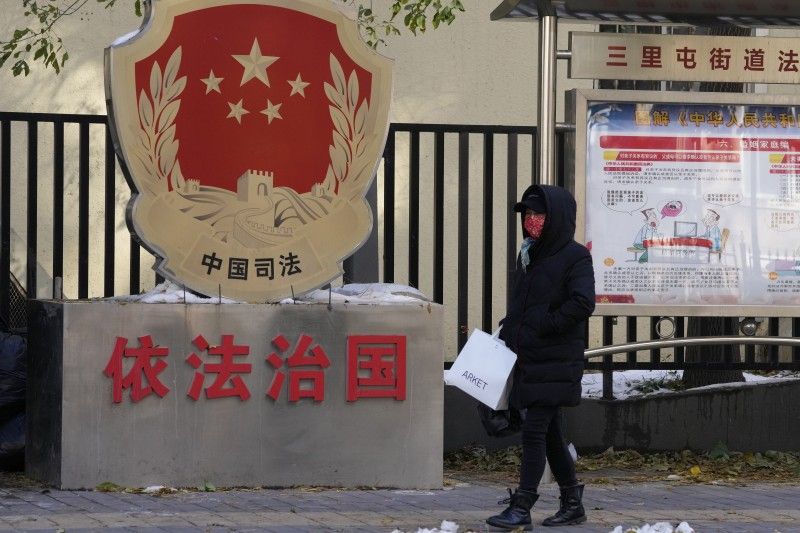
Chinese government insiders say this has confused ministries, stifled policy discussions and sometimes led to poor policy consideration. Some government departments are unsure of how far to advance Xi's priorities, preferring to take radical readings of policies that sometimes mean overturning them later.
One official said that when loyalty is a key measure of cadres, no one dared to disagree, even if Mr. Xi’s instructions were vague and confusing.
Publicly, Chinese officials have hailed Mr. Xi's decisive leadership as he overhauled industries such as technology and real estate to curb what he sees as too much Western-style capitalism. He has called for a greater focus on "common prosperity," which involves reducing inequality and returning China to its communist roots, by empowering the disadvantaged at the cost of some very profitable private companies.
Behind the scenes, many officials have questioned some of Mr. Xi's decisions.
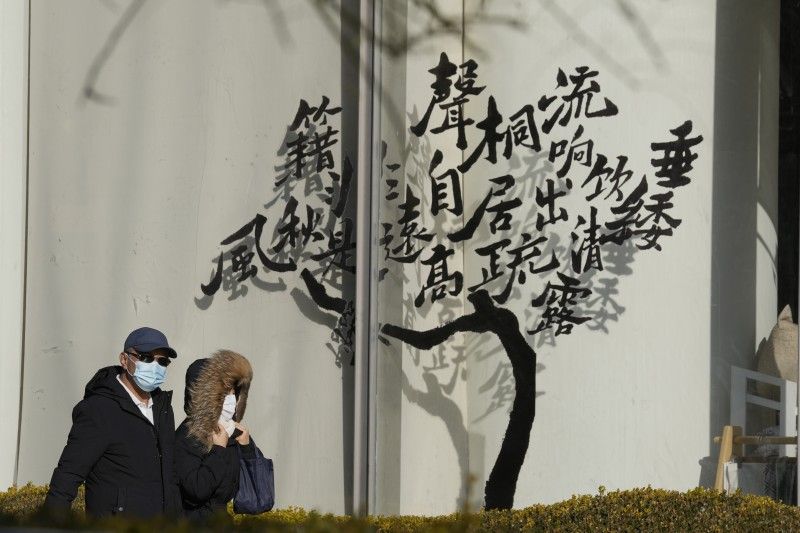
In late July, more than 1,200 people were infected in a single outbreak, months after the number of new coronavirus cases was almost wiped out. According to a person familiar with the discussions, some officials in the central government made suggestions based on the situation in other countries that it may be time for China to ditch the “dynamic clearing” strategy and learn to live with the virus.
Xi Jinping was angry at the time, people familiar with the matter said. According to these sources and state media reports, Mr. Xi had asked in his instructions whether officials were becoming lax and paralyzed during the epidemic prevention and control process. The "dynamic clearing" policy has not wavered.
Local officials have stepped up epidemic prevention efforts. In late October, local officials ordered more than 30,000 visitors to Shanghai Disneyland to take a coronavirus nucleic acid test before leaving the park after a visitor tested positive. Government authorities ordered a temporary closure of a large container port in China after a case of Covid-19 was detected, adversely affecting global supply chains.
China's economic growth slowed to 4.9% in the third quarter from 7.9% in the previous quarter. Economists say China's zero-tolerance epidemic prevention policy measures, including closing residential areas and canceling public events, could seriously affect economic growth if the spread of the new coronavirus is not interrupted soon.
Some local government officials have warned against excessive epidemic prevention measures, according to remarks cited by multiple websites. But officials are still ramping up efforts to contain the virus, fearing they could be punished if there are confirmed cases in their area.
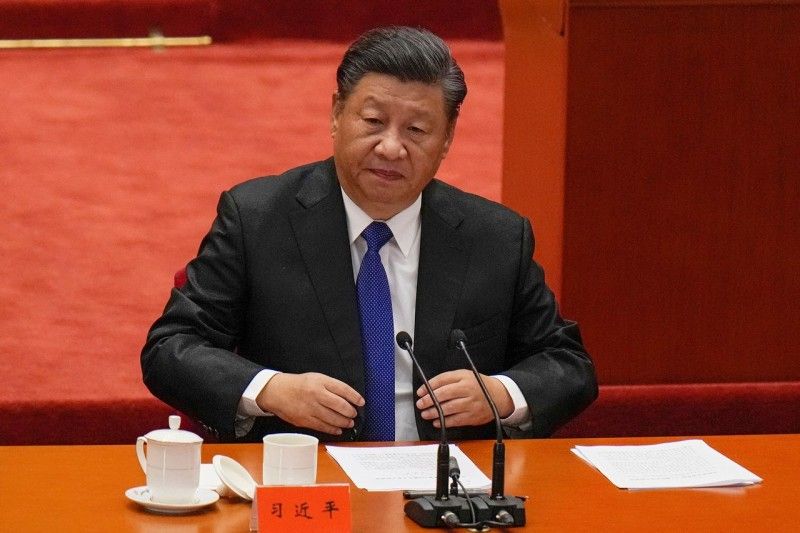
By cracking down on corruption and appointing new officials, Xi has reshaped a governance system dating back to the Deng Xiaoping era of the 1980s, making it easier for him to micromanage. Under Deng Xiaoping's system of governance, the top leaders ruled by collective leadership.
Hu Jintao is the poster child for this system of governance, making decisions collectively with other leaders and often criticized for his indecisive style. Hu Jintao and other Chinese leaders have in the past entrusted the details of major policies to their subordinate agencies, a strategy known in China as "grabbing the big and letting go of the small."
Xi Jinping, by contrast, is hands-on and often intervening on issues of concern to him. He personally chairs at least seven committees in areas such as the economy and national security, for which some Chinese officials and foreign scholars have dubbed him the "chairman of everything." The Chinese economy used to be managed by the Premier of the State Council.
As previously reported by The Wall Street Journal, Xi Jinping personally called off the IPO of fintech giant Ant Group Co. late last year.
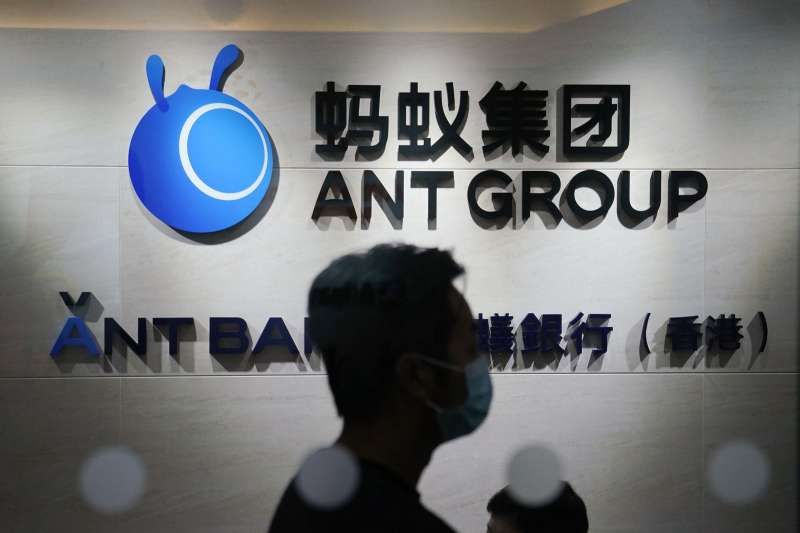
According to the Chinese foreign ministry, Xi Jinping personally approved an agreement with the U.S. government to ensure the safe return of Huawei Technologies Co. Chief Financial Officer Meng Wanzhou after nearly three years of house arrest in Canada.
Xi Jinping personally designed the five-year economic plan and personally revised the details of provisions including the fight against illegal trade in wild animals. According to state media, Xi Jinping personally designed the plans for the new economic zone, which includes the "Greater Bay Area" that will link Hong Kong more closely with its neighboring mainland cities.
Xi Jinping has made instructions on many micro-issues. According to state media reports, Xi Jinping has issued instructions on ecological protection for a nature reserve in Shaanxi province at least six times, and on the protection of a lake in Zhejiang province. According to state media, he had given instructions on improving public toilets.
Any punishment against officials at the vice-ministerial level and above would need to be confirmed by Xi, not the top discipline inspection agency, according to people familiar with the matter. Since Xi Jinping came to power in 2012, more than 200 officials at the vice-ministerial level and above have been punished.
To ensure that the officials he assigns are aligned with his own, in 2018 Xi began implementing a performance evaluation mechanism for Politburo Standing Committee members, in which, in addition to other evaluation indicators, leaders’ loyalty was scored.
Mr. Xi personally decided to investigate some business elites, such as Wu Xiaohui, the founder of Anbang Insurance Group Co., according to people familiar with the matter. Wu Xiaohui was sentenced to 18 years in prison for fraud and abuse of power.
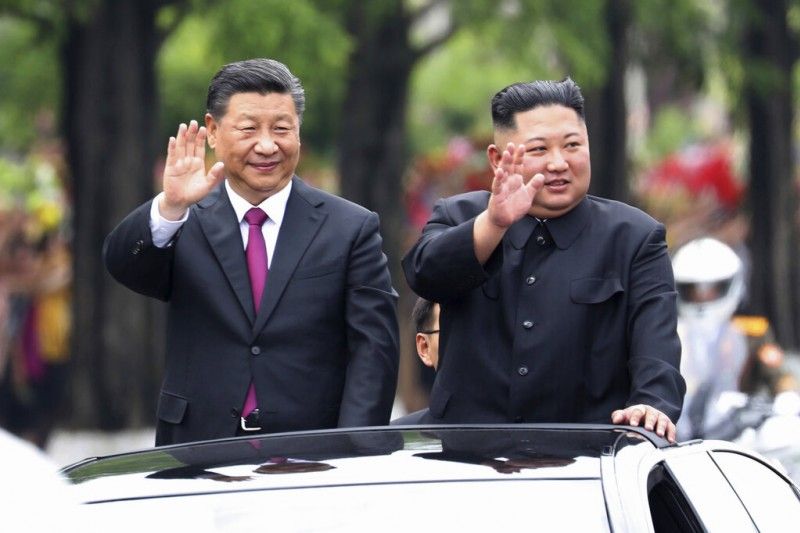
Given Xi's hands-on approach to many of his policies, officials at various ministries have come up with some creative ways to grab his attention. Some officials have submitted slides or audio reports that Mr. Xi can read without the hassle of reading or digest such reports in between tasks, according to people familiar with the matter.
In 2017, the Beijing municipal government launched an effort to clean up impoverished neighborhoods in an effort to modernize the city. The move, according to people familiar with the matter, is because Mr. Xi doesn't like seeing Beijing's land area become so large and the pollution so bad. Xi Jinping spent most of his childhood in Beijing.
Residents were given only a few hours' notice before some homes were demolished. To facilitate clean-up operations, officials have cut off heating in some migrant workers' homes.
The operation, however, sparked public disgust, with photos circulating on social media of evicted migrant workers dragging their luggage through the cold streets before the operation was quietly halted.
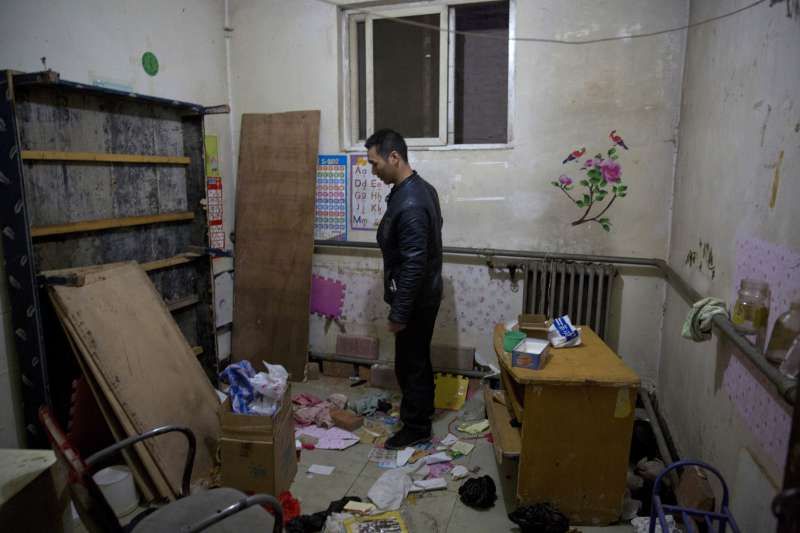
Xi later planned, made decisions, deployed and promoted the development of Hebei's Xiongan New Area, and urged state-owned enterprises to move there, according to state media. About 60 miles (100 kilometers) from Beijing, Xiongan is a new ecological city. Although Xiongan has received billions of dollars in investment, it is still nowhere near the rapid success of Deng Xiaoping-era special economic zones such as Shenzhen.
Education and training companies have laid off tens of thousands of employees, including teachers, to comply with new regulations on after-school tutoring introduced this year. Given the impact on the industry, officials have followed the original proposal to enforce new rules for tutoring only for students in compulsory education.
At last year's United Nations General Assembly, Xi Jinping pledged that China will strive to achieve carbon peaking by 2030 and carbon neutrality by 2060.
Some local governments began more aggressively phasing out coal mining, sending coal prices soaring and abruptly requiring some factories to temporarily shut down this summer.
Factory shutdowns and power outages have hit global supply chains. On social media, images of cars driving on unlit roads and residents trapped in out-of-service elevators can be seen everywhere.
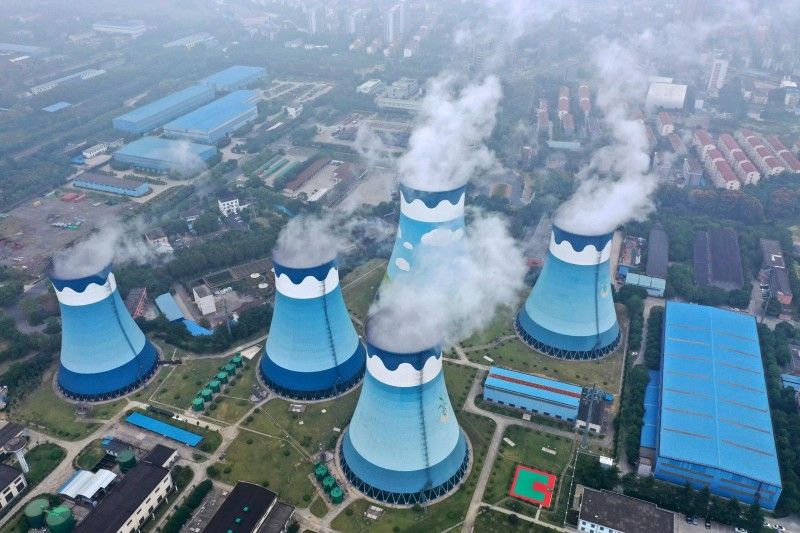
After an emergency meeting in September, Mr. Xi turned to the idea that more measures should be introduced to encourage coal production, according to people familiar with the matter. Subsequently, the local government adjusted its direction and began to go all out to increase coal production.
Authorities have begun to waver, albeit to a lesser extent, on the central government's actions to rectify the real estate industry. Regulators have tightened restrictions on developers this year, making it more difficult for developers to borrow to build new projects, after Xi Jinping repeatedly emphasized that “houses are for living in, not for speculation.”
The restrictions have thrown developers into a liquidity crisis, including those with healthier balance sheets, and some have raised objections in private meetings with the government. Since then, some local governments have made it easier for homebuyers to obtain housing loans and relaxed the relevant regulations on land sales, but the main tone of housing and not speculation remains unchanged.
Hong Kong business leaders recently learned that Xi approved a new law that would cut off their financial ties with Western countries if they were found to comply with U.S. sanctions on Chinese companies.
Some business leaders have sought help from local officials in Hong Kong to block the law, which they fear will prompt multinationals to leave the city. Hong Kong's chief executive, Carrie Lam, has publicly expressed support for the law. Local officials were afraid to challenge Mr. Xi’s decision, the people said.
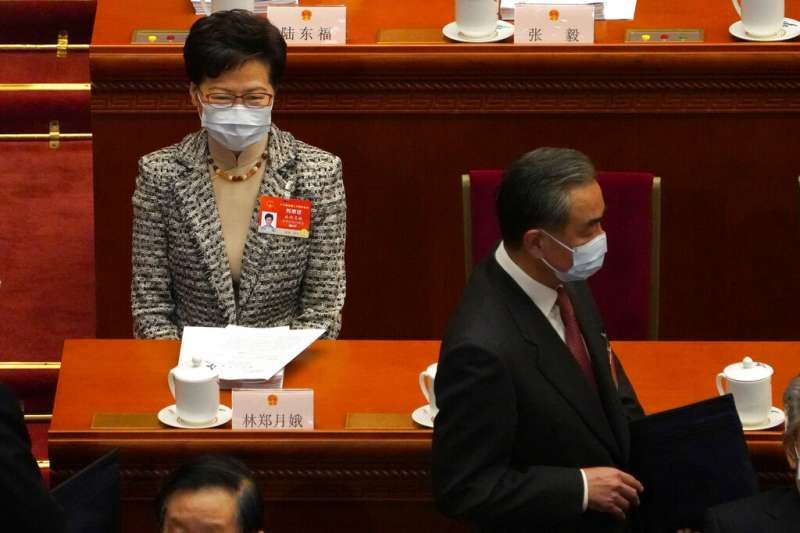
A group of businessmen led by Tung Chee-wah, the former chief executive of Hong Kong, decided to bypass the Hong Kong government. Tung Chee-hwa drafted a letter directly to Xi recommending delaying the law, according to people familiar with the matter. Tung Chee-hwa, now in his 80s, declined to comment through a spokesman.
After Xi Jinping gave new instructions, the Chinese government postponed the plan and decided to continue to study the issue. Xi agreed that the law could shake investor confidence, the people said. Investor confidence has waned as China moves to overhaul sectors such as education and training and technology.
Xi Jinping at times seems increasingly tired of micromanaging China.
In a speech to officials at the party's top disciplinary inspection agency in January, Xi said some would move only if they had a written order from the party's central leadership. The speech was made public only recently. He complained that many officials were incapable of dealing with complex issues, saying they would not do anything if he didn't issue so many instructions. (Related reports: Wall Street Journal interview with Musk: Opposing federal infrastructure bills, China is adapting to world dominance | More articles )
Xi Jinping said: "My instructions are to hold the last line of defense. Am I not going to do the work without giving instructions?!"
Like my work? Don't forget to support and clap, let me know that you are with me on the road of creation. Keep this enthusiasm together!
